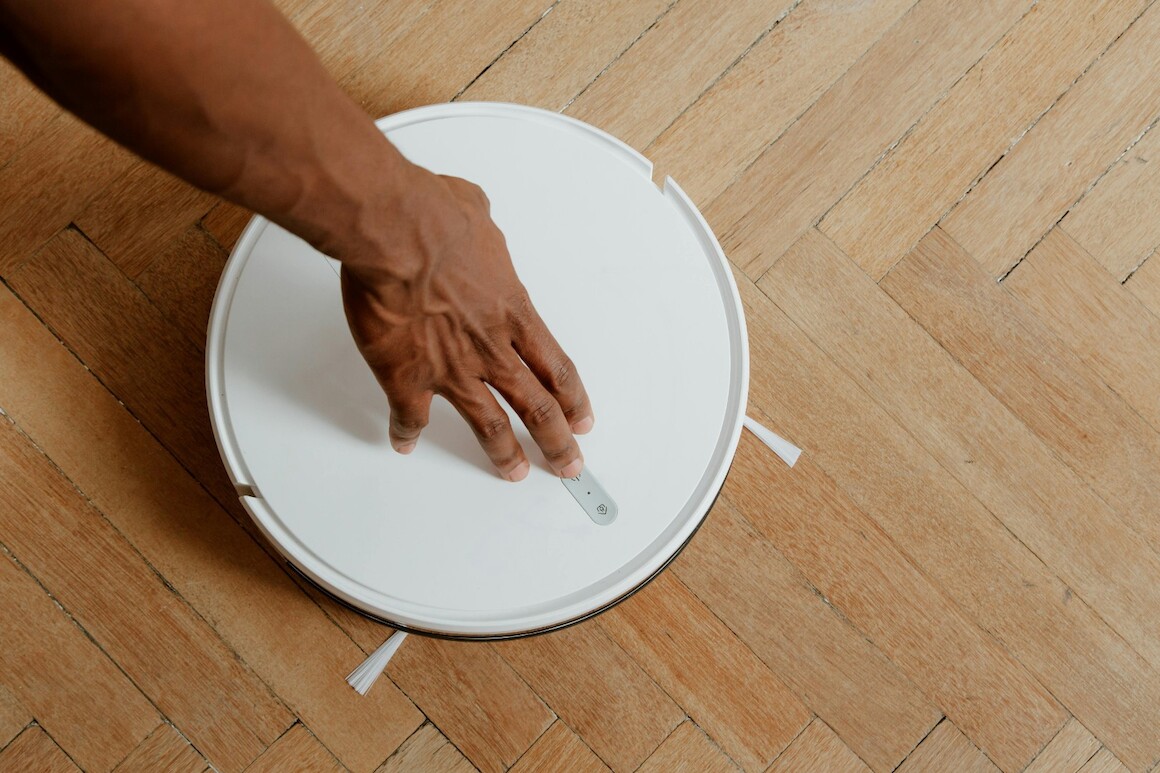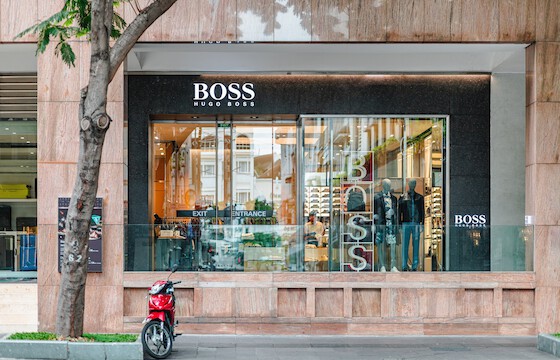1. CASE SUMMARY
A. Summary of facts
This case concerns an unlawful resale price maintenance and restriction of parallel trade.
Witt imported and sold white goods, vacuum cleaners and small electrical appliances in Denmark and in other Nordic countries. The present case concerns the robot vacuum cleaner iRobot.
Documentation obtained through a dawn raid in August 2009 showed that Witt had monitored the retail prices of their vacuum cleaners iRobot and contemplated initiatives to ensure an appropriate retail price level. This included initiatives to avoid retailers reselling the iRobots to other retailers.
The documentation showed that Witt had expressed dissatisfaction with the retailers pricing in emails to the dealer. This contact had in some cases resulted in agreements to maintain a specific retail price level. Witt had also sanctioned retailers’ price behaviour. This included reductions of general discounts and higher purchase targets to obtain bonusses.
The DCC concluded that Witt had entered into agreements with Danish retailers entailing resale price maintenance and restricted parallel trade of iRobot vacuum cleaners. A hard-core restriction in violation of section 6 of the Danish Competition Act and Article 101 TFEU.
B. Notes on case history
On 24 November 2010 the DCC concluded, in accordance with the assessment of the Danish Competition Authority, that Witt’s actions restricted competition by object and infringed section 6(1) in the Danish Competition Act and Article 101(1) TFEU. The DCC also concluded, that the restrictions fell outside the scope of the vertical block exemption. Furthermore, the exemption according to section 8 the Danish Competition Act and Article 101(3) TFEU did not apply.
In July 2014, Witt accepted a fine of 1,100,000 DKK for the infringement.
C. Legal analysis
First, the DCC assessed whether the agreements regarding resale price maintenance and restriction of parallel trade were in violation of section 6 of the Danish Competition Act and Article 101 TFEU. The assessment was based on extensive internal correspondence as well as correspondence between Witt and its distributors.
On resale price maintenance, the DCC concluded that the price agreements were a restriction by object. The DCC emphasized that such agreements by nature harm the effective competition.
On the restriction of parallel trade, the DCC concluded that Witt's agreements were a restriction by object, among other things by having the following provision in distribution agreements:
”Distributor shall not seek customers, establish any branch or maintain any distribution depot for the products in any country that is outside the Territory, or sell the Products to any customer in any country that is outside the Territory. Distributor shall notify Seller in writing of any such sales opportunities.”
In view of Witt's market share in Denmark, the turnover contributed by the popular iRobot products at EU-level and the severity of the violation, the DCC concluded that Witt's agreements restricting active and passive sales and preventing parallel import were capable of appreciably restricting competition.
The DCC found that Witt's actions were in violation of section 6(1) of the Danish Competition Act and Article 101 TFEU.
The DCC concluded that there was no basis for exempting the agreement under the vertical block exemption, Article 101(3) TFEU or section 8 of the Danish Competition Act.





Sign in to post comments